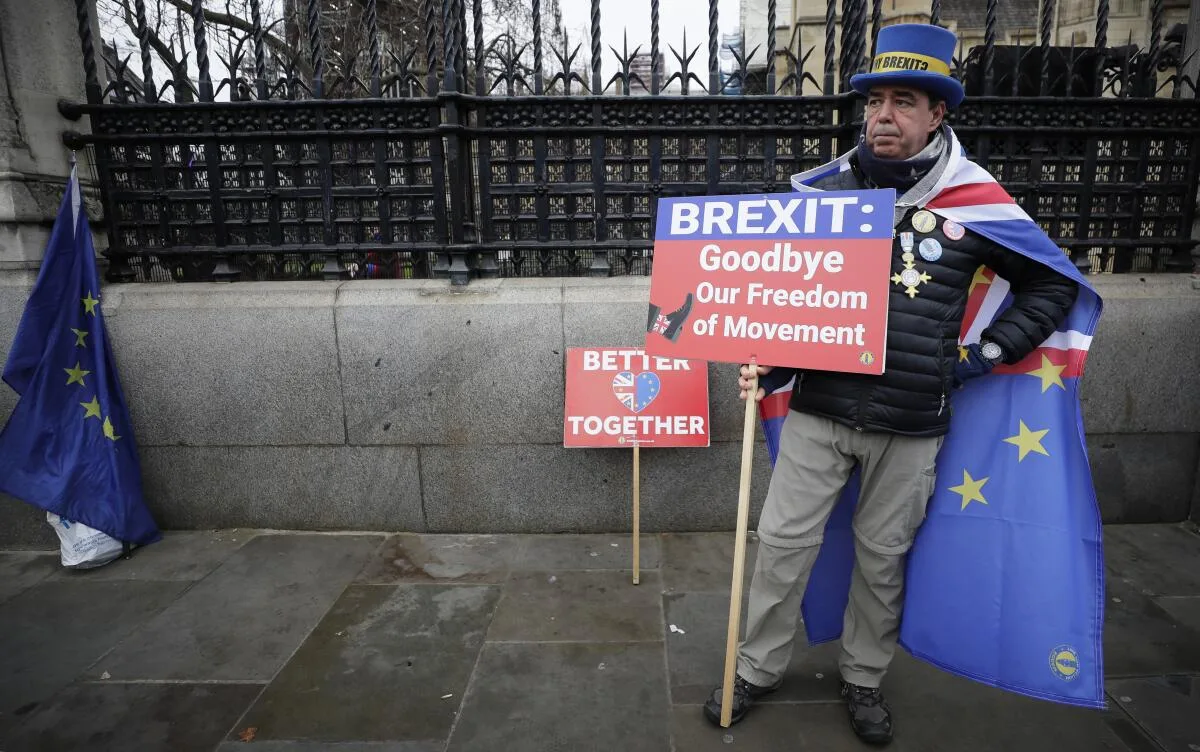Key Points:
“Hungarian Prime Minister Viktor Orbán claims Donald Trump would prioritize Russia-Ukraine peace negotiations if he wins the 2024 US presidential election.”,
“Orbán suggests Trump would pressure Ukrainian President Zelensky to negotiate and offer concessions to Russia.”,
“The Hungarian PM’s comments come amidst heightened tensions between the US and Hungary over the latter’s stance on the Ukraine war.”,
“Orbán, known for his close ties with Putin, has faced criticism for his government’s refusal to condemn Russia’s invasion and for blocking aid to Ukraine.”,
“The statement is likely to stir controversy, particularly in light of Trump’s own history of amicable relations with Putin and his past criticisms of NATO.”
Content:
Hungarian Prime Minister Viktor Orbán has claimed that former US President Donald Trump would prioritize peace talks between Russia and Ukraine if he were to be re-elected in 2024. Orbán suggested that Trump would exert pressure on Ukrainian President Volodymyr Zelensky to engage in negotiations and potentially make concessions to Russia. This statement comes amidst strained relations between the US and Hungary, primarily due to Hungary’s neutral stance on the Russia-Ukraine war. Orbán’s close relationship with Russian President Vladimir Putin and his government’s reluctance to condemn the invasion or provide aid to Ukraine have drawn criticism from Western allies.
Unique Perspective:
While framed as a prediction, Orbán’s statement can also be interpreted as an attempt to influence both the US electorate and the ongoing peace debate surrounding the war in Ukraine. By presenting Trump as a potential broker of peace, Orbán indirectly promotes a narrative favorable to his own stance on the conflict, one that prioritizes a swift end to the war, even if it requires concessions from Ukraine. This statement, irrespective of its veracity, highlights the complex web of international relations and the precarious nature of alliances when facing global conflicts. It serves as a reminder that the outcome of the 2024 US election could have profound implications for the future of the war in Ukraine and the broader geopolitical landscape.



